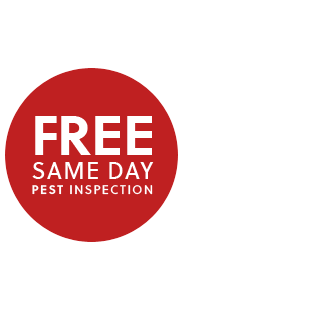Medicinal Ant Extract of Polyrhachis
A Revolutionary New Treatment from Traditional Chinese Medicine
Key Points:
- Evidence-Based
- All Natural
- Superior Manufacturing
Key Applications:
- Bone and Joint Support
- Anti-Inflammatory
- Anti-oxidant
- Natural Analgesic
- Immune Support
Overview for Physicians
Certain species of ants have been used as food and drink, and as medicine, for thousands of years in traditional cultures around the world, including Africa, Asia, the Americas and parts of Europe. Usage is strikingly consistent worldwide for certain ailments such as rheumatoid arthritis and wound care (anti-inflammatory effects), sexual hypofunction, and as a general health tonic (indicating immune boosting capabilities).
This usage is best documented in China, whose long history of herbal medicine has been painstakingly and thoroughly documented over the centuries, and where traditional medicine is currently studied and practiced alongside Western models.
Several scientific studies of ethanol extract of Chinese Medicinal Ants, genus Polyrhachis, detailed within, present data supporting the beneficial pharmacologic effects on animals and humans, including strong evidence of anti-inflammatory and analgesic properties, remarkable anti-oxidant activity, and direct curative effect on human patients with rheumatoid arthritis and chronic hepatitis, both inflammatory diseases.
It should be noted that as medicines from natural materials gain credibility with Western science and become the basis for pharmaceutical grade treatments, it is important for us to remember that "herbal" medicine is not limited to plant materials, and that traditional cultures can help us overcome our biases and point us in the direction of previously overlooked sources of powerful, and beneficial, compounds.
History of Chinese Medicinal Ants
The black mountain or weaver ant, Polyrhachis vicina Roger, has a 3,000 year history in traditional Chinese medicine. Highly regarded as an anti-inflammatory, Polyrhachis vicina Roger is prescribed as medicine, infused into tea and wine, and eaten as food. Polyrhachis vicina Roger has long been held to relieve bone and joint pain, promote longevity, vitality and sexual function, help regulate the immune systems, and is noted for its anti-aging effects.
The first recorded mention of of Chinese Medicinal Ants is in Zhou-Li, an ancient text dating from the 8th century B.C, which mentions ants as an excellent food for the king. More specifically, by the 16th century, the many pharmacological properties of Chinese Medicinal Ants were known and detailed in the Compendium of Materia Medica (Ben Cao Gang Mu), a text still respected today in China, where traditional medicine is studied and practiced alongside Western medicine.
Villagers in the mountainous Chinese province of Guangxi, location of the Bama county longevity cluster, regularly drink ant wine, and it is often prescribed by village doctors to middle-aged and elderly patients. The distillation process involved in making the wine provides an effective delivery system similar to the pharmaceutical grade ethanol extract of Chinese Medicinal Ant (ECMA) used in Chinese hospitals to treat inflammatory disease. Physician Perfected uses the same rigorous ethanol extraction process used in modern Chinese hospitals.
Originally published at: http://physicianperfected.com/Polyrhachis-Patient-Overview
===Clark Pest knows how to get rid of problem ants! Make your ant problem go away, call Clark Pest Control today!


